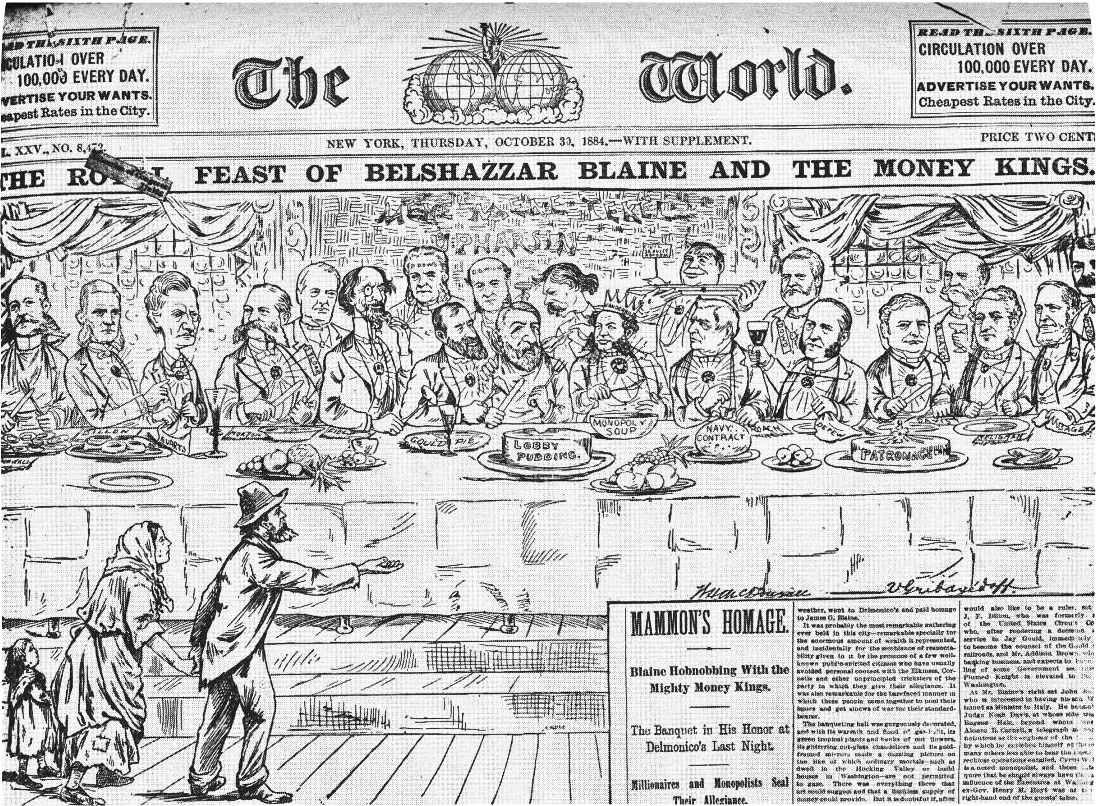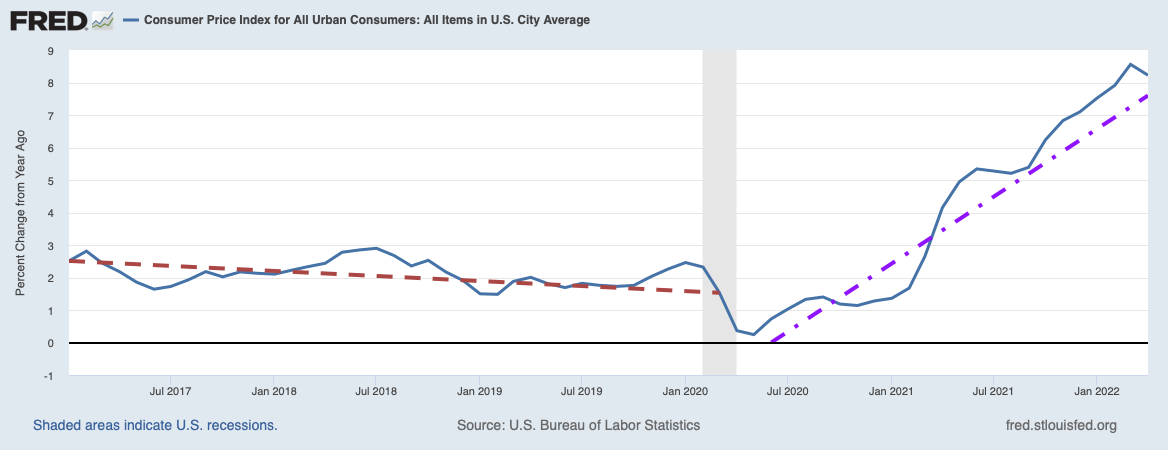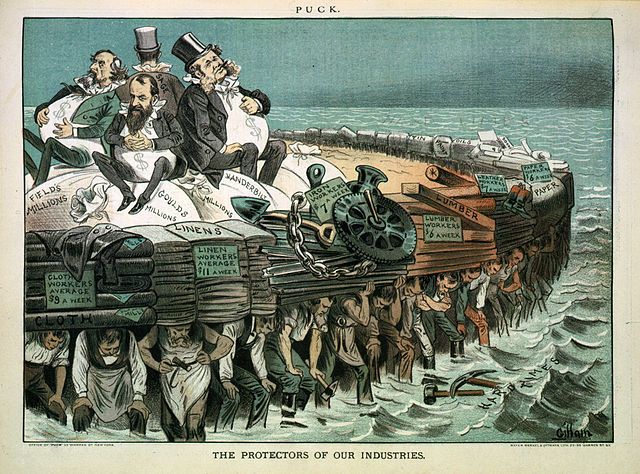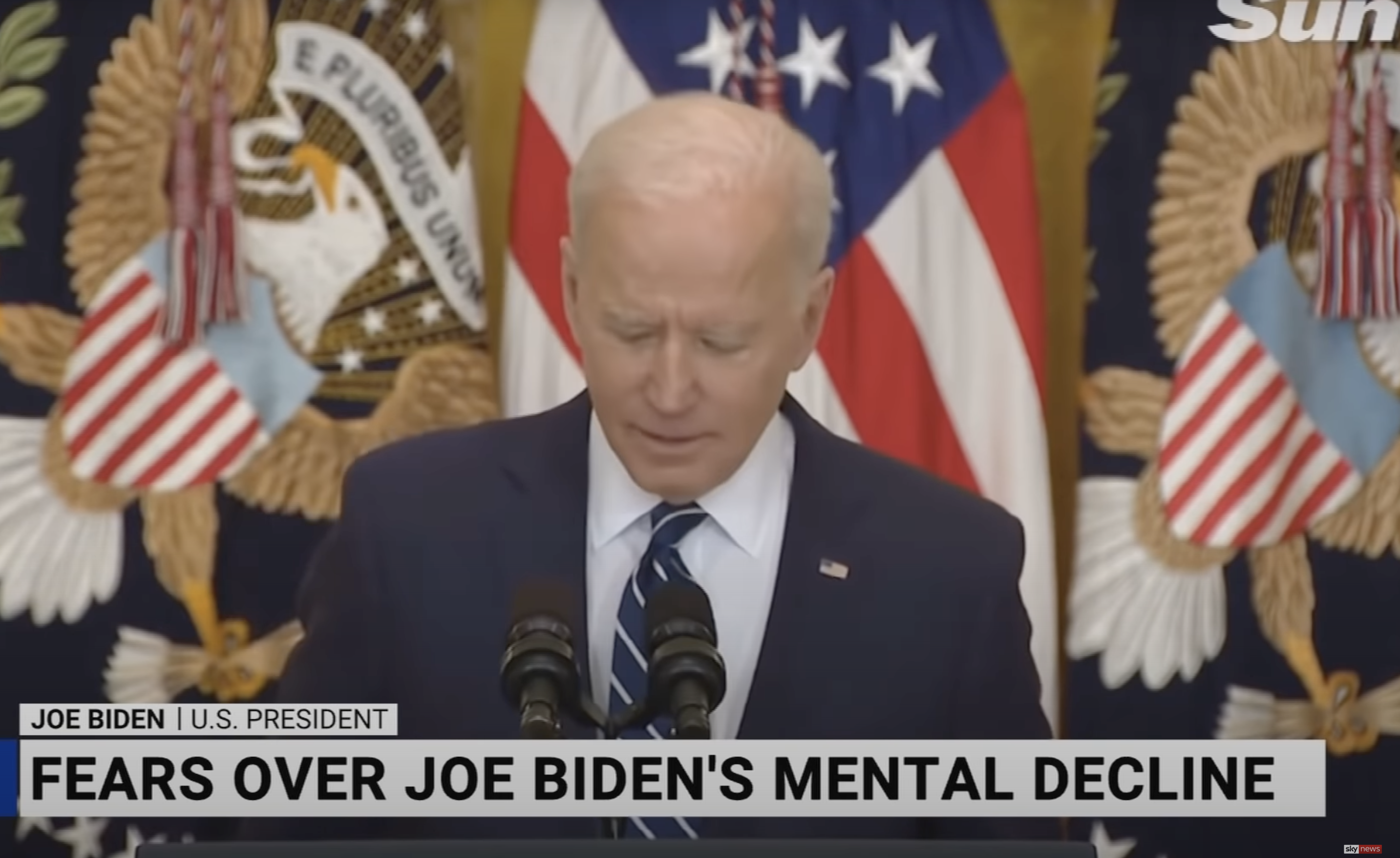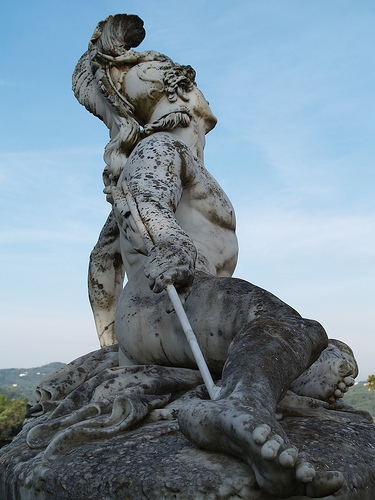Achilles Heel of Autocrats: Their Economy
Achilles with Paris’ arrow in his heel. Photo Credit: Flickr.com/texmex5
The national security outlooks of the United States and Western Europe are beginning to look grim. The future security of allies in the Middle East (Israel, Saudi Arabia) and in China’s backyard (Japan, South Korea, the Philippines) appear similarly uncertain. The autocrats ruling Russia, Iran, and China, who have become de facto allies, are posing threats in all these areas.
While considering this dismal, unstable situation, I started thinking about instabilities and how they are eventually quenched. In physics, engineering, and mathematics, stability theory is a very well known subject. A physical system is said to be unstable if some physical quantity, for example the amplitude of a wave, grows exponentially in time. Eventually, any physical instability always saturates, i.e. ceases to grow, because it runs out of some conserved quantity such as mass or energy that is feeding it. As soon as the instability runs out of fuel, it stops altogether. Can we use this as an analogue for the political and military instability we face from the new Axis of Russia, Iran, and China?
Since we are worried about this Axis primarily as a military threat, how could such instabilities saturate short of war? What is the fuel that makes a military system run? Clearly, a nation’s military machine requires munitions, vehicle fuel, weapons systems, and any of a thousand and one other things produced by the nation’s economy. Military and naval organizations are expensive.
One other relevant fact is that all three states in this Axis are extraordinarily autocratic. Being autocratic they require as much control of their economies as they can possibly acquire. This could be their fatal weakness. As has been discussed many times in these posts, economies are singularly complicated systems in which the supplies of goods and their demand can easily become unbalanced. When this happens, the sale price of any good may be set away from the market price point where the two supply and demand curves intersect.

If the price is set too low, as with the price PL in the figure, the quantity of demand for the good will be higher than the quantity supplied, resulting in a shortage with consumer demand left unfulfilled. If the consumer is also the producer of some other good and the good he is buying is an intermediate good required for his own production, then yet another supply-demand imbalance is created. If the sale price is set too high, as with PH in the figure, then the supplier will produce more than consumers are willing to buy, and an economically wasteful surplus is produced forcing the producer to pay for storage of the surplus. Whenever a government intervenes in the economy to enforce regulations, require the payment of fees or penalties, or set wage or price controls, it creates imbalances of this nature. If these imbalances are numerous and large enough, the economy will descend into recession or depression and will not be able to supply all the economic needs of the nation. It may not be able to supply all the needs of an army or navy.
The World Bank has published a study of the ability of a businessman to do business in the Russian Federation, in which the ranking of all nations’ business environments is shown on a map. With rank 1 being the best and 189 being the worst, the basic results are shown on the map below.

As you can see from the map, the Russian Federation is in the group with country ranks between country 39 and country 76. Its actual rank is 62. China has an even worse environment being in the nation group between 77 and 114. China’s actual rank is 90. Iran’s ranking is even further down in the 115 to 152 group. Therefore, Russia, China, and Iran all have more dysfunctional economic regulation than Europe and the United States. Also, see here, here, and here for rankings according to Heritage Foundation’s 2015 Index of Economic Freedom. In addition to this problem, Russia has been hard hit by economic sanctions imposed by the West because of Russia’s invasion of the Ukraine, as well as by the crash of oil prices due to increased supply from fracking in the United States.
While the U.S. has considered placing economic sanctions on China because of its many cyberattacks on major U.S. computer systems and their theft of intellectual property and security information, no sanctions have yet been placed on it. Nevertheless, China has interfered deeply with its economy to encourage selected economic sectors, actions which no doubt unbalanced many supply-demand relationships. With China incurring large amounts of debt to invest in those sectors, the current Chinese government debt to GDP ratio is 207% as of June 2015. In 2008 it had stood at 125%. As a measure of how important this figure is, consider that many economists believe as soon as the sovereign debt to GDP ratio reaches somewhere between 90% and 100%, government demands on physical capital begins to crowd out the demands of companies, stunting economic growth. The recent crash of China’s stock market was in fact a symptom of the government’s desperate struggle to keep their economy running.
And then there is Iran. Ever since the Iranian Revolution of 1979, the U.S. has had sanctions imposed on Iran, which it expanded in 1995 to include companies trading with the Iranian government. Because of Iranian refusal to cut back their efforts to obtain nuclear weapons, the UN Security Council passed a resolution in 2006 to impose sanctions. By all accounts these sanctions have been battering the Iranian economy. The Treasury Secretary Jacob Lew has estimated that by April 2015 Iran’s economy was between 15% and 20% smaller than it would have been just from an increase in sanctions in 2012 alone. These cost Iran $160 billion in lost oil revenue. Now, after the so-called nuclear deal with Iran, President Obama and the EU will be giving up this club for very little indeed. In fact, the agency entrusted to make inspections of Iran’s nuclear sites, the International Atomic Energy Agency (IAEA), has admitted Iran is self-inspecting by providing samples to the IAEA from military sites. This practically guarantees Iran will obtain nuclear weapons and get relief from sanctions at the same time.
Russia, China, and Iran should be case studies of why governments should not significantly involve themselves with the inner workings of their economy’s machinery. We can only hope the autocratic governments of Russia, China, and Iran will interfere with their economies so much they will be limited in their ability to pose a military challenge to the West.
Views: 2,432






















